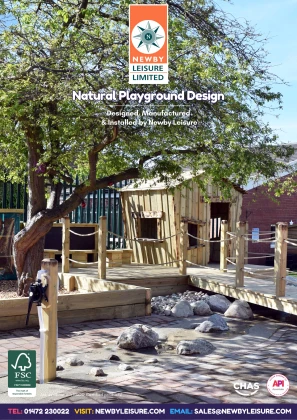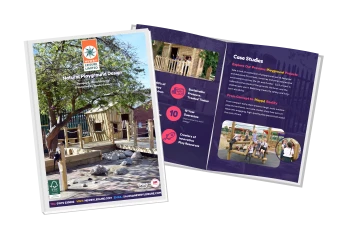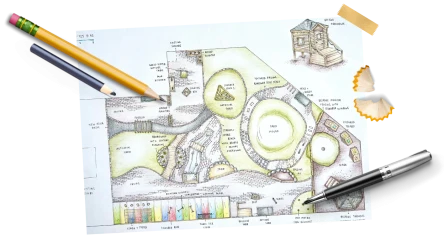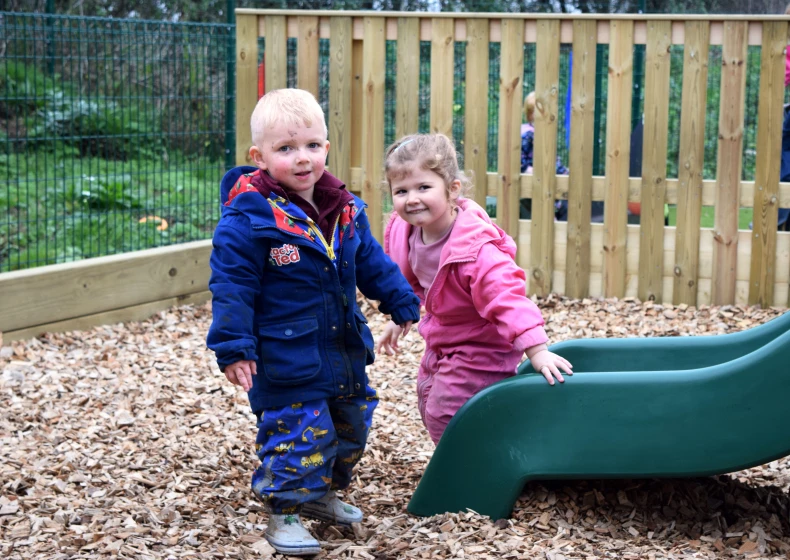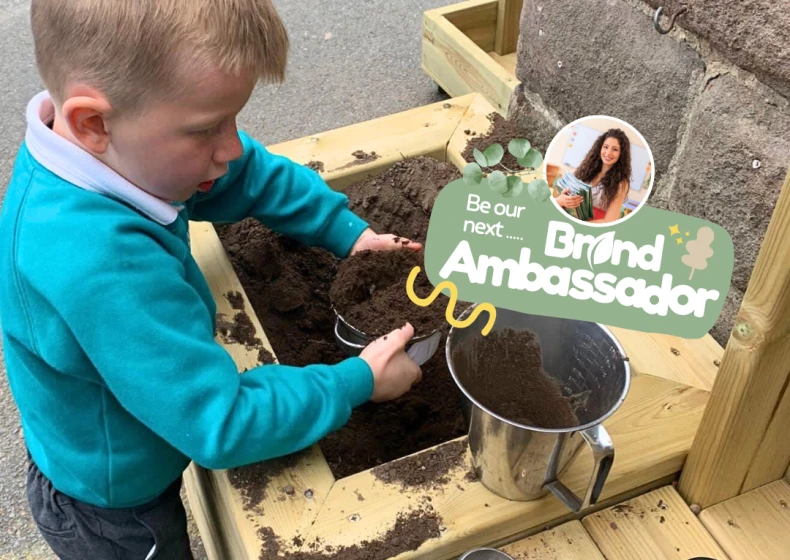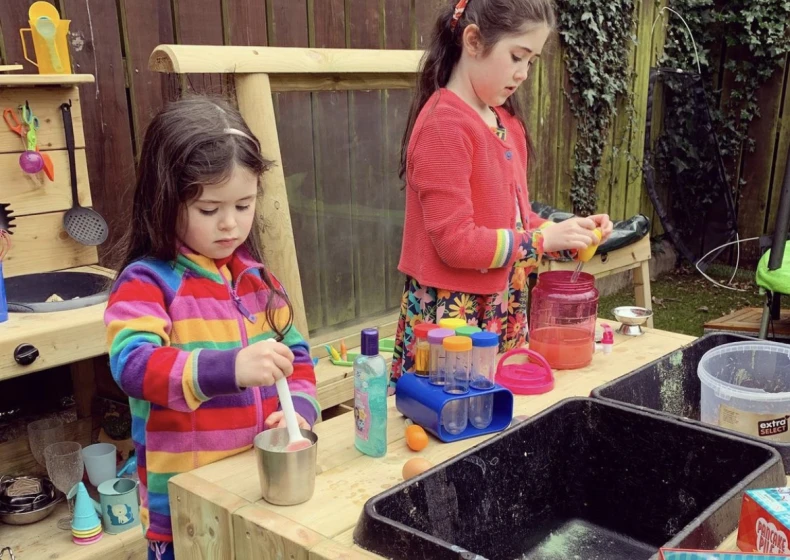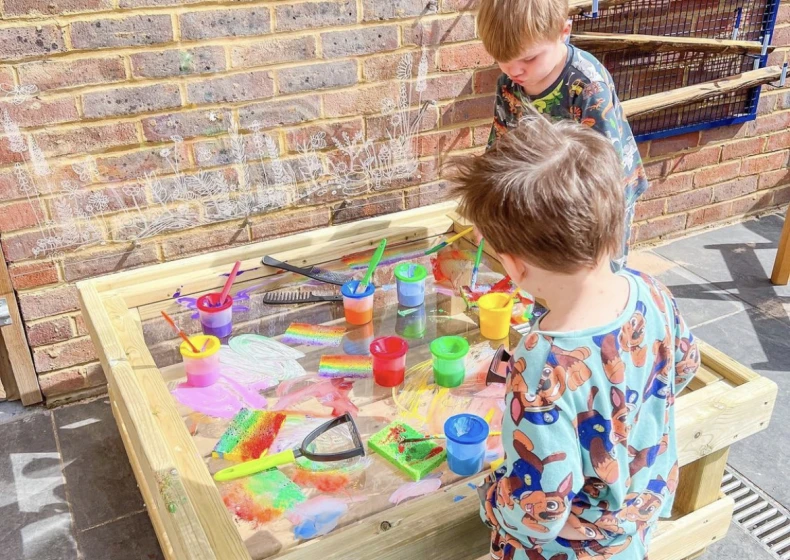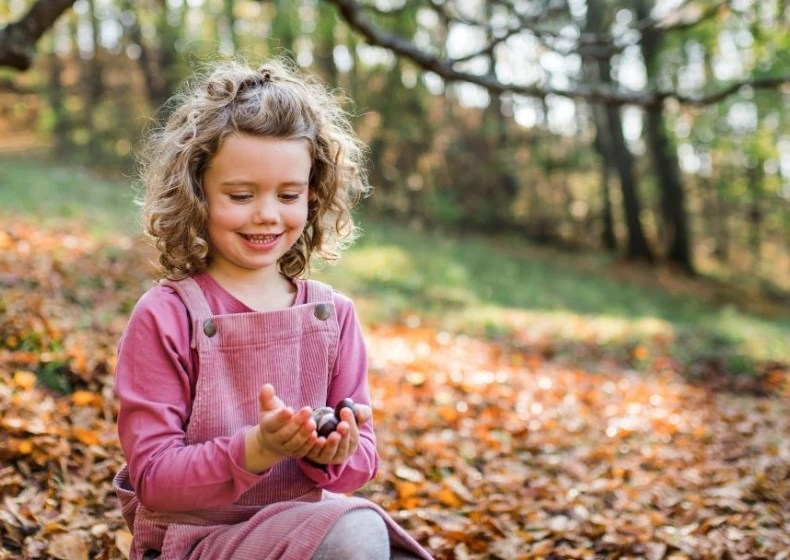THE summer holidays are here! It's now time to down the pens, go outdoors and get active!
Speaking of which, you may have seen our Get Out, Get Active incentive on our social media pages of late? The summer has been somewhat kind to us already this year, so the team here at Newby Leisure decided to share activity incentives for children over the holidays. If you haven't seen them yet, head over to our Facebook or Twitter pages to catch-up.
Along with helpful tips to get children playing outside and exploring, we also stumbled across some research on the physical implications of activity and how it helps children's minds. We thought we'd share it with you. Although it may not seem out of the ordinary, it's still very worthwhile to know.
According to experts, pupils who do sport or physical activity during school hours do not see their learning or exam results suffer.
Just one session of any activity that increases a child’s heart rate offers great benefits for both brain and education. This is according to a panel of 24 specialists in exercise from eight countries, including Britain.
As we say, this may not surprise many teachers or parents. Generally, we would presume keeping our children active would have some effect on their education. So what do the experts say?
“Time taken away from academic lessons in favour of physical activity has been shown to not come at the expense of scholastic performance in children and youth. A single session of moderate physical activity has an acute benefit to brain function, cognition and scholastic performance in children and youth”.
Better Provisions
The above all comes into action as an incentive to pave a way for a better provision of parks, playgrounds and cycle lanes. The latest evidence will no doubt help support this and help children to focus more on the benefits outdoor learning will give them.
“Physical activity before, during and after school promotes scholastic performance in children and youth. Mastery of fundamental movement skills is beneficial to cognition and scholastic performance in children and youth,” they add.
As a nation, we have ever-growing concerns about the lack of activity our children may get. Children’s involvement in any form of structured or unstructured physical activity in or outside school time will also help prevent chronic diseases in adulthood, such as diabetes. Even more reason for us to pay attention to this recent research (June 2016).
With the summer holidays now in full flow, and a generous splash of sunshine over the last few weeks, it's a great time to get the whole family outside. The added incentive of the Olympic Games in Rio this year too, this could potentially trigger children to do more outdoors without much persuasion. But a little nudge from time-to-time is fine too.
If you're on Facebook or Twitter, please don't forget to follow our Get Out, Get Active incentive. It's only a few snippets on how to get children outdoors, but it may help.
Thanks for reading!
"Together, we're better".
Join our mailing list! Click the picture below!

